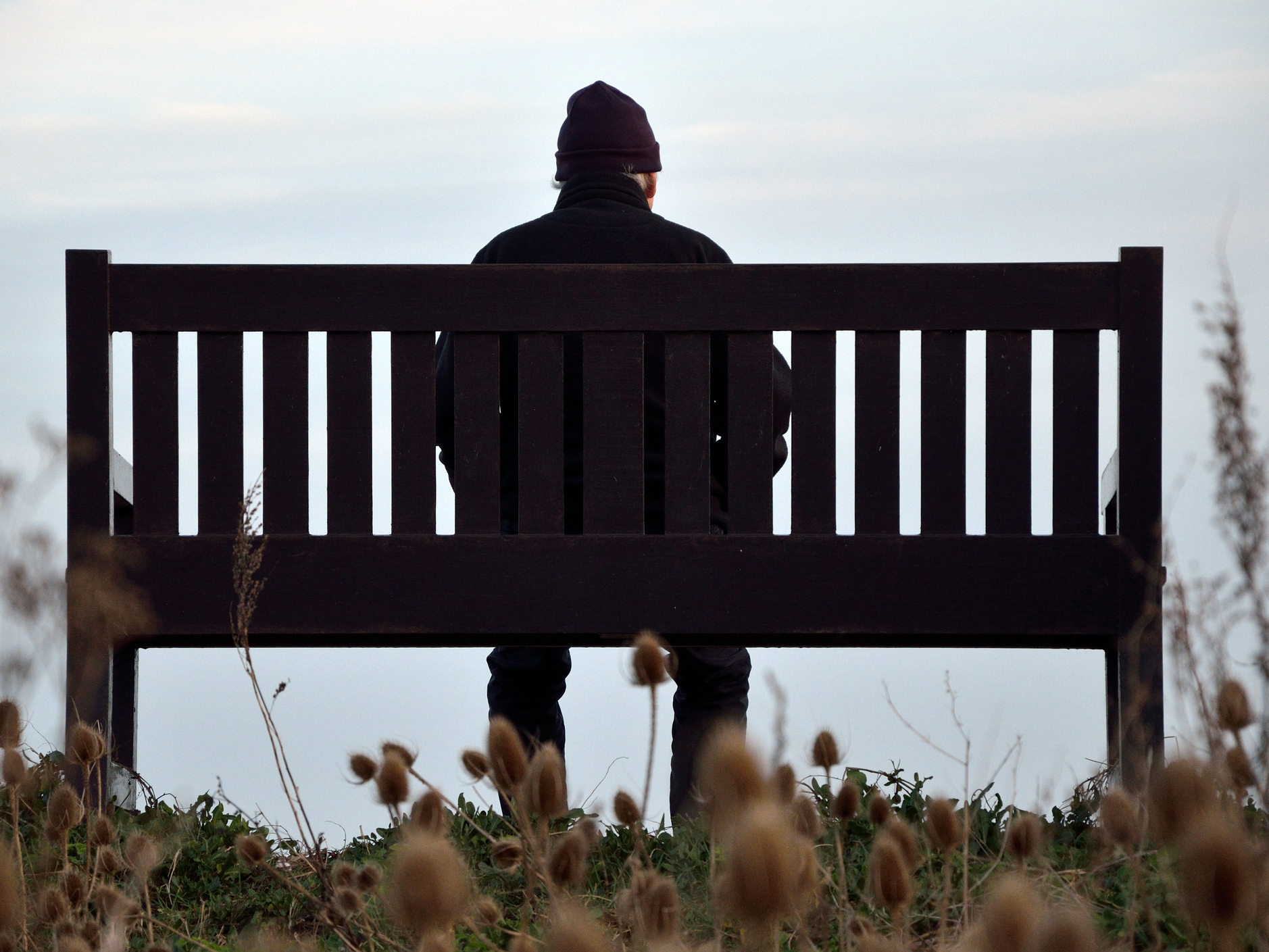Although people attempt to put a time clock on grief, there is no timeline to follow because everyone grieves differently. Losing someone to death is one of the most challenging life obstacles to overcome, and some people never truly overcome the emotional pain. Grief brings many feelings, including sadness, anger, and guilt. For many, overcoming grief begins with professional intervention to learn to cope.
Grieving is not linear. There are ups and downs along the way. Once someone feels they have mastered their grief, an old memory can arise out of the blue and plummet them back to sadness. When grief becomes unbearable and negatively impacts every area of a person's life, it may be time to consider residential treatment.
Severe grief is called complicated grief. This condition tends to linger for months or years. Individuals must know there is no right or wrong way to handle grief. Being patient with themselves and working through each arising emotion will help grieving individuals find peace in their situations. Grief comes in the following stages, and it is always possible to regress when one gets through each stage.

· Denial
· Anger
· Bargaining
· Depression
· Acceptance
Getting to the acceptance stage is never easy. Some people reach this stage faster than others, but most everyone struggles along the way.
People experiencing common grief will usually see improvements in their symptoms in around six months. The symptoms usually go away fully after one to two years, depending on the individual's coping ability.
No one should ever tell someone how long they can grieve. As time goes on, most people learn to accept a friend or loved one's death and find peace in the situation, though the process takes time and is not always easy.
Those who become stuck in grief and cannot move forward may need to seek professional counseling. Therapists help clients learn to handle the wide range of emotions that piggyback the grieving process.
People experience many symptoms when dealing with a friend or loved one's death. The following are some common symptoms of grief people of all ages may experience.
· Feelings of profound emptiness
· Loss of joy
· Problems sleeping or eating
· Anger
· Deep sadness
· Fear and anxiety

Most psychologists do not know why some people grieve longer than others. Many factors determine how long it takes for someone to grieve the loss of a friend or loved one, including the following.
· The closeness of the relationship
· Traumatic or unexpected losses
· The individual's grieving history
· The individual's mental health
Complicated grief becomes challenging to manage and can lead to depression, anxiety, and PTSD. Individuals developing excessive crippling emotions should consider their options for getting professional help.
Sometimes, grief will not let go, and people find themselves becoming overwhelmed with day-to-day tasks that become too challenging. When grief seems to become a never-ending assault of emotions, it may be time to seek professional help.
There are many forms of professional treatment for grief, including group therapy and individual counseling. Getting professional help will not bring them back, but it will help propel you forward in life. Learn about the options today to get the help you need for your complicated grief.
Be the first to post comment!